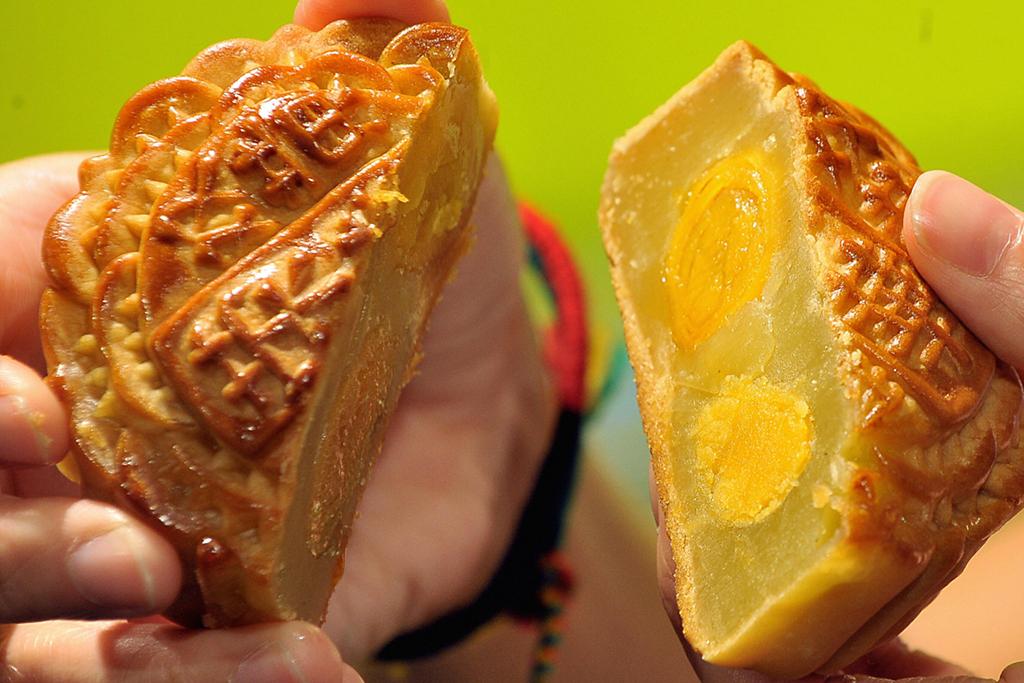China's stock market has put up a dismal performance for sometime now.
And the government's efforts to curb speculation in real estate has left many wealthy Chinese investors with few places to park their money.
This caused many investors to starting spending money on some really interesting assets. Most recently concerns have grown about a walnut bubble.
We put together a list of eight peculiar things that wealthy Chinese people invest an exorbitant amount of money in.
Walnuts
Price: $10,000+
Walnuts used to be the preserve of the emperors and extremely wealthy but were dismissed during the cultural revolution. Recently however they've become an avenue of investment.
Walnuts that cost 350 yuan ($56) 10 years ago, now cost as much as tens of thousands of dollars. And walnuts with carvings, or ones that are hundreds of years old are more expensive.
Some believe that the government is happy to ignore the walnut bubble since they aren't essential goods and rising walnut prices won't affect politics, unlike say food inflation or rising property prices
Source: Reuters
Racing-pigeons
Price: $324,000 – $648,000
Wealthy Chinese have been spending as much as €250,000 (about $324,000) on racing-pigeons and prices are expected to go up to about €500,000 ($648,000). Speculators have been blamed for the sudden surge in prices.
Chinese owners of racing-pigeons also favor foreign birds, and Belgian-bred pigeons are considered to be the best.
Source: The Economist
Jade
Price: $100,000+
An ounce of jade could cost $3,000 in China, in 2010, ten times as much as it cost in 2000, and more expensive than gold. Bracelets and figurines could easily cost hundreds of thousands of dollars.
As the Chinese government reined in speculation in real estate and with few places to hide black money, Chinese have chosen to invest in assets like jade. But jade prices have been dropping since the slowdown and many fear the jade bubble is going to burst.
Source: The New York Times / China Daily
Wine
Price: $100,000+ (for wine cases)
While per capita wine consumption in China is pretty low, China has become the largest export market for Bordeaux wines. And wealthy Chinese have been investing in wine and vineyards.
At Sotheby's auctions, Chinese have been shelling out hundreds of thousands of dollars for wine cases. In fact, banks were offering loans to Chinese for investment-grade wines. Investment in wine even gave birth to a wine fund, Dinghong that projected an annual return of 15-percent for the five-year fund.
But there are concerns that a wine bubble has started to form and will pop.
Source: Bloomberg
Art and artfunds
Price: $900+ million (art funds)
Chinese investors have in recent years parked their money in art, benefiting both local and international auction houses like Sotheby's. Art funds have also ballooned alongside the art market.
Investment in art funds was said to be over 5.7 billion yuan ($900 million) according to a July report from Eastmoney via The Art Newspaper.
But the recent surge in art-investment vehicles has caused concerns that "a run of redemptions would force the sale of a huge amount of art." Since most of these are short-term funds there is also the risk that they won't be able to sell art at higher prices in two or three years.
Source: The Art Newspaper
Stamps
Price: $1.1 million
A set of four stamps from the Cultural Revolution sold for $1.1 million at a Hong Kong auction in 2011. These stamps are extremely rare since they were never issued.
Stamps, like wine and art have experienced a marked surge in prices as wealthy Chinese have sought out alternate investments.
Postage stamps were "hot" before the 1997 financial crisis in Asia, according to Xinhua. But experts have warned of a bubble and that few stamps are of real value:
"The Chinese postage stamp auction market has recently heated up again, but experts warn what's in the attic probably isn't worth very much. Unless it's from the "cultural revolution" period (1966-76) or the Qing Dynasty (1644-1911). Significance, rarity and condition determine value."
Source: Stamps
Chinese have also spent tens of thousands of dollars investing in aged tea.
Price: $25,000
345 grams of high-end Chinese teas like Pu Erh, that can be aged for 100 years, can cost over $25,000. A tea grower that used panda dung to fertilize his tea plant, sold 50 grams of tea for $3,500.
Sellers often charge more for tea picked from older plants or particular mountain ranges. Chinese fascination with tea has been likened to Western fascination with wine.
Source: BBC
Chinese investment in mooncakes raised suspicions of corruption.
Price: $3,000+
Gold and silver mooncakes became the gift of choice during the mid-autumn festival. From Yahoo:
"The Bank of Communications is reportedly selling a 500-gram gold mooncake at over 21,000 yuan (US$3340) while ICBC Bank is offering a gift box of two 50-gram gold mooncakes, inscribed with auspicious motifs and Chinese characters, for 47,620 yuan (US$6,820). The cheapest of ICBC Bank’s range of mooncakes is a mooncake made of silver that is priced at 850 yuan each (US$135)."
The popularity of these mooncakes raised questions about corruption among Chinese officials since they largely placed the orders and they typically weren't gifted to family or friends.
Source: Yahoo Finance

More from our partner, Business Insider:
Business Insider: Barack Obama Never Had A Problem With White Voters
Business Insider: Romney Wants To Find Jobs For 400 Former Staffers
Business Insider: A Fiscal Cliff Risk That Zero People Are Talking About
Business Insider: The Biggest Trends In Global Prosperity
Business Insider: Google Is Pouring More Money Into Startups
